Kidney Diet Foods
Did you know 1 in 7 adults in the U.S. have chronic kidney disease? Don't fret! You're in the driver's seat when it comes to your health. With the right diet, you can protect your kidneys.
This article will guide you through foods that are not only delicious but also kidney-friendly. So, let's dive in and explore how foods like cauliflower, blueberries, and sea bass can keep your kidneys healthy and happy.
Your journey to better kidney health starts now!
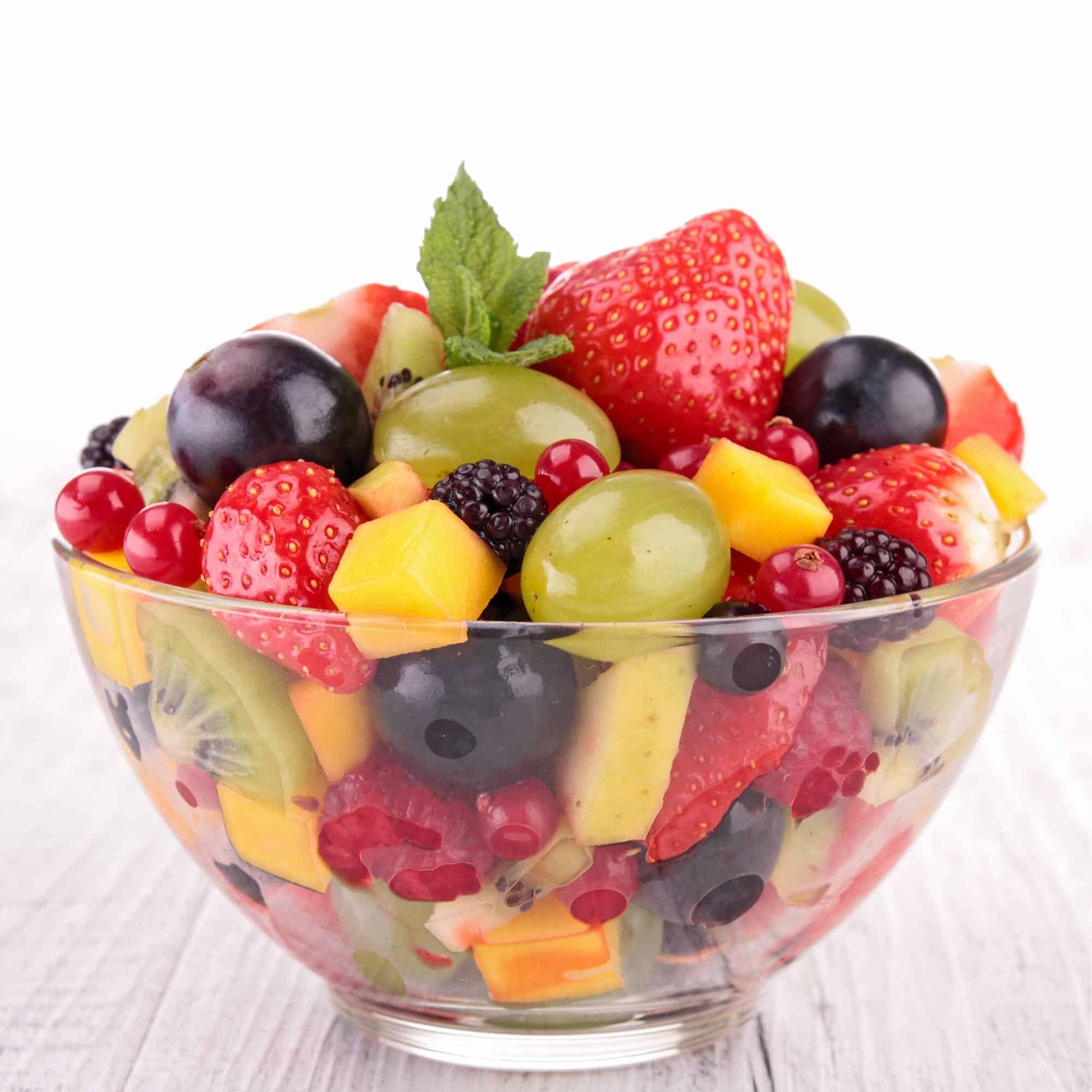
Jump to:
- Key Takeaways
- Understanding the Role of Diet in Kidney Health
- The Nutritional Profile of Cauliflower and Its Benefits for Kidney Health
- The Power of Blueberries for Kidney-friendly Diet
- Sea Bass: A Protein and Omega-3 Rich Food for Kidney Health
- Red Grapes: A Low-Sodium Fruit Option for Kidney Diet
- Egg Whites: A High-Protein, Low-Phosphorus Choice
- The Health Benefits of Garlic for Kidney Health
- Buckwheat: A Potassium and Gluten-Free Grain Option
- Olive Oil: A Phosphorus-Free Source of Healthy Fats
- Bulgur: A Kidney-Friendly Whole Grain Alternative
- FAQs for Kidney Diet Foods
- Kidney Diet Foods and How to Work Them Into Your Diet
Key Takeaways
- Proper hydration is crucial for kidney health and helps clear toxins from the body.
- Excessive protein and sodium intake can strain the kidneys and lead to kidney damage.
- Processed foods, high in sodium and phosphorus, should be avoided as they can strain the kidneys.
- Incorporating kidney-friendly foods like cauliflower, blueberries, sea bass, and egg whites can support kidney health.
For More Recipes and Ideas --->> Get Your Free Meals and Recipes That Are Perfect for Pre-Dialysis Diets, Pre-Dialysis with Diabetes, or Dialysis Diets.
Understanding the Role of Diet in Kidney Health
You might not realize it, but your diet plays a crucial role in maintaining your kidney health. The balance of nutrients you consume can have a significant impact on the functionality of these vital organs.
In the following discussion, we'll explore this connection in detail, and provide you with evidence-based knowledge to make informed dietary choices for kidney health.
Dietary Impact on Kidneys
It's crucial to understand how one's diet can significantly impact kidney health. The importance of kidney hydration can't be overstated.
Staying well-hydrated helps your kidneys clear toxins from your body. On the flip side, dehydration effects can be severe, leading to kidney stones or even kidney failure.
Monitoring your protein consumption is also vital, excessive protein can overwork your kidneys. The significance of sodium restriction is often underestimated; too much sodium can lead to high blood pressure, causing damage to your kidneys.
Lastly, the avoidance of processed foods is advisable, they're typically high in sodium and phosphorus, which can strain your kidneys. By understanding the role of diet in kidney health, you're better equipped to serve others in their journey to wellness.
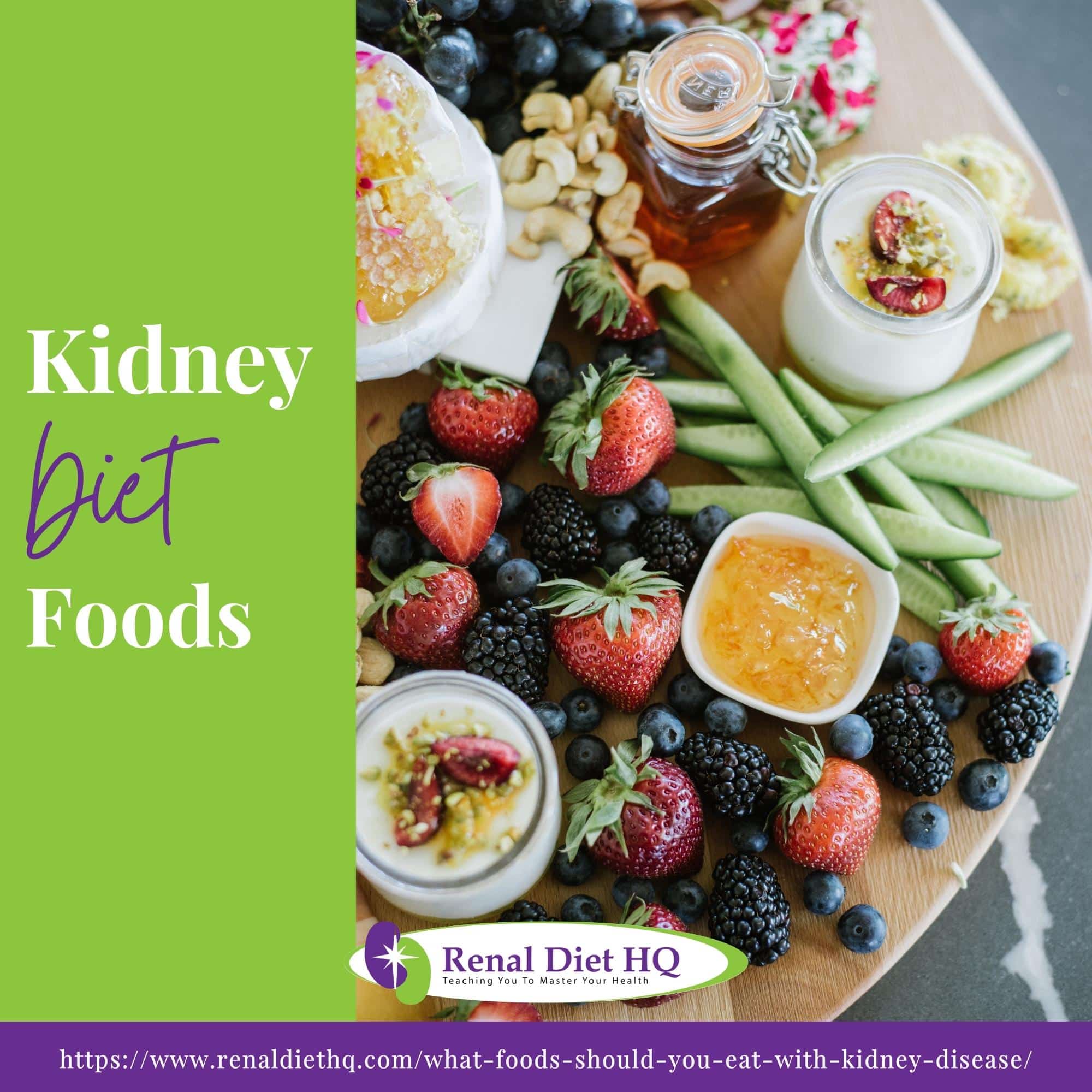
Balancing Nutrients for Kidneys
Balancing the intake of various nutrients plays a pivotal role in maintaining your kidney health. Nutrient absorption is critical, and kidney friendly spices can aid in this process. Spices such as turmeric and ginger not only enhance flavor but also promote healthy digestion and absorption.
The role of dietary fiber can't be overstated. It aids in maintaining a healthy weight, controlling blood sugar levels, and reducing the risk of kidney disease.
Fluid intake impact is another crucial aspect to consider. Staying properly hydrated helps your kidneys clear sodium, urea, and toxins from the body.
What should I avoid? Dark-colored sodas, some light-colored sodas, white bread, and some other homemade foods that aren't so healthy.
The Nutritional Profile of Cauliflower and Its Benefits for Kidney Health
You may be intrigued to know that cauliflower, a common vegetable, holds significant benefits for kidney health.
Packed with essential nutrients like vitamin C, vitamin K, and folate, it's a low potassium food that fits perfectly into a kidney-friendly diet.
Let's explore the nutritional profile of cauliflower and how it contributes to maintaining and improving your kidney health.
If you aren't sure of what to eat, then people with kidney disease should spend more time working on a meal plan that includes cauliflower.
Cauliflower's Nutritional Content
Surprisingly, when you're considering kidney-friendly foods, cauliflower's nutritional content makes it an excellent choice. Notably, cauliflower's fiber content aids in digestion and helps manage kidney disease by controlling your blood sugar levels.
Cauliflower's vitamin content, including vitamins C, K, and B6, promotes overall kidney health. The way you prepare cauliflower, whether raw or cooked, impacts its nutritional value. Raw cauliflower generally retains more vitamins, while cooking enhances its antioxidant properties, which fight inflammation and protect your kidneys from damage.
Cauliflower's Kidney Benefits
Interestingly, while you're eating cauliflower for its tasty appeal, you're also consuming a powerhouse of nutrients that significantly benefit your kidney health. Cauliflower's phytochemicals, like sulforaphane, can protect your kidneys from damage and inflammation.
| Preparation Method | Nutrient Retention | Kidney Benefit |
|---|---|---|
| Raw | High | Retention of phytochemicals |
| Cooked | Moderate | Easier digestion |
| Hydrated | Low | Supports kidney function |
Raw versus cooked, the nutrient profiles vary, but both have their benefits. Cauliflower preparation tips range from steaming to roasting, each with unique flavors for your cauliflower recipes. Remember, cauliflower is also high in water content, providing hydration benefits to support kidney function.
Incorporating cauliflower into your diet is not only a delicious choice, but also a decision that will reward your kidneys with essential nutrients and hydration.
The Power of Blueberries for Kidney-friendly Diet
You'll find that blueberries are a powerhouse of essential nutrients, making them an excellent addition to a kidney-friendly diet.
Rich in antioxidants, they help combat free radicals which can cause damage to your kidneys.
The benefits of blueberries for kidney health are numerous, so let's discuss their nutrient composition and the specific ways they support your kidneys.
Blueberries' Nutrient Composition
Often, you'll find that blueberries, packed with vital nutrients, can play a crucial role in maintaining a kidney-friendly diet.
These small fruits are teeming with antioxidants known as anthocyanins, which gives them their distinctive color. These blueberry antioxidants are renowned for their cardiovascular benefits, reducing the risk of heart disease, a common concern for those with kidney problems.
Blueberries are also a good source of fiber, aiding in digestion and keeping you feeling full.
The cultivation of blueberries has increased due to their health benefits, making them readily available for your dietary needs.
You can easily incorporate them into your diet by trying various blueberry recipe ideas like smoothies, salads, or just eating them raw.
It's clear, blueberries are a kidney-friendly superfood! And the best thing about blueberries is that you don't have to read a food label. Fresh fruits like blueberries or even fruit juices can be such a good thing for people with kidney disease.
Benefits for Kidney Health
Incorporating blueberries into your diet can boost kidney health, thanks to their antioxidant-rich composition. These detoxifying superfoods, combined with kidney friendly spices such as turmeric, can enhance the effectiveness of your diet for kidney care.
In addition to these, dialysis nutrition tips emphasize maintaining a balanced diet and hydration importance, both crucial for optimum kidney function.
Blueberries also fit perfectly within the spectrum of herbal kidney support, as they contain protective compounds that can aid in the prevention of kidney diseases. The high water content in blueberries further underscores the hydration importance for kidney health.
Whether you're choosing to use salt substitutes, bran cereals, dairy foods, deli meats, frozen dinners, or even soft drinks, you have to choose what works for you in your season and stage of kidney disease.
Sea Bass: A Protein and Omega-3 Rich Food for Kidney Health
As you consider sea bass for your kidney-friendly diet, it's essential to understand its nutritional profile. This fish is a powerhouse of protein and omega-3 fatty acids, nutrients your kidneys need for optimal function.
However, it's equally important to monitor your portions to ensure you're getting the right amount of these nutrients, without overloading your system.
Sea Bass Nutritional Profile
You'll find that sea bass, a fish rich in protein and omega-3s, is an excellent addition to your kidney-friendly diet. When planning your meals around sea bass recipes, not only are you considering its delectable taste, but also the omega-3 benefits.
These vital fatty acids support kidney function, lower blood pressure, and reduce inflammation. To ensure you're doing your part for the environment, opt for sustainable fishing sources.
Look out for:
- Different cooking techniques that preserve the nutrients in the fish, such as grilling or steaming.
- The possibility of sea bass allergies. Always introduce new foods gradually and monitor for any adverse reactions.
- The freshness of the fish, which directly impacts its nutritional profile and taste.
Incorporate sea bass into your diet for a kidney-friendly, nutritious meal. As always, if you have any questions, talk to your health care provider.
They are always happy to answer specific questions. You can also get in touch with a renal dietician to help you make your decisions.
Portion Control Importance
While sea bass is indeed beneficial for kidney health, it's crucial that you don't overlook the importance of portion control, as consuming too much of any protein can strain your kidneys.
Overeating prevention is best achieved through mindful eating techniques and implementing portion control methods. Measuring serving sizes accurately is essential, with a recommended portion of sea bass being roughly the size of your palm. This can be a handy way of visualizing portions, helping you maintain a healthy balance without overloading your kidneys.
Including sea bass in your diet can provide critical nutrients like protein and Omega-3. Always remember that portion control is key to preserving your kidney health and overall wellbeing.
Red Grapes: A Low-Sodium Fruit Option for Kidney Diet
You may be surprised to learn that red grapes, a low-sodium fruit option, can be a valuable addition to your kidney diet. Evidence supports that these small fruits aren't only tasty, but they also offer significant health benefits.
Let's explore how incorporating red grapes into your diet can positively influence kidney health.
Benefits of Red Grapes
Incorporating red grapes into your diet can offer numerous benefits, especially if you're managing kidney health. Their high content of grape antioxidants and heart-healthy resveratrol can aid in improving cardiac function and reducing inflammation, crucial for individuals with kidney conditions.
Red grapes also offer:
- Skin health benefits: The antioxidants in red grapes can help in maintaining healthy skin by reducing oxidative stress.
- Brain-boosting flavonoids: These compounds are known to enhance cognitive function and memory.
- Anti-cancer properties: The resveratrol in red grapes has been linked to inhibiting cancer cell growth.
You're not only tending to your kidneys, but also taking a proactive approach towards overall well-being. Remember, your health choices today can create a healthier tomorrow.
Grapes in Kidney Diet
Don't overlook the potential of red grapes as they can play a significant role in your kidney diet due to their low sodium content. These delightful fruits aren't just tasty, they're packed with grape antioxidants that help protect your body's cells from damage. Grape hydration is another key benefit, essential in maintaining kidney health.
Grapes also aid digestion, thanks to grape fiber which promotes regular bowel movements and helps control your blood sugar levels. They're additionally a great source of grape vitamins, such as vitamin C, which supports the immune system.
Egg Whites: A High-Protein, Low-Phosphorus Choice
Let's now consider egg whites, a high-protein and low-phosphorus choice for your kidney diet.
Not only are they packed with quality protein, egg whites also have a notably low phosphorus content, making them ideal for kidney health.
We'll explore the nutritional value of egg whites and provide some preparation and serving ideas to incorporate this food into your diet. You can always easily look at the nutrition facts of egg whites and pay attention the portion size of what you're consuming.
Egg Whites Nutritional Value
While you're looking for high-protein, low-phosphorus foods, you'll find that egg whites are an excellent choice. They're packed with protein, low in cholesterol, and can be cooked using various methods. However, be aware of egg allergy risks.
When comparing the protein content of egg whites to other sources, like meat or dairy, egg whites hold their own. They provide you with essential amino acids, which are important for kidney health.
Consider these points:
- Egg whites are a great low-phosphorus choice, especially for those with kidney issues.
- Egg alternatives are available if you're at risk for egg allergies.
- Overcooking can reduce the nutritional value of egg whites, so stick to gentle cooking methods.
You can always eat egg whites with brown rice, white rice, green beans, and just add a little garlic powder. You can always eat these options as healthy foods, instead of going for convenience foods.
Preparation and Serving Ideas
You've got several ways to prepare egg whites, and each method offers a unique flavor and texture. They can be scrambled, boiled, or used in baking.
For those with dietary restrictions, egg whites are an excellent choice as they're high in protein and low in phosphorus, making them kidney friendly snacks. When planning a meal, remember to incorporate egg whites as they offer numerous vegetarian options.
Use cooking techniques like whisking them into a fluffy meringue for a light dessert or adding them to a stir-fry for a protein boost. You can also make an egg white omelet loaded with veggies for a healthy breakfast.
These tips won't only cater to your health needs but also add variety to your diet.
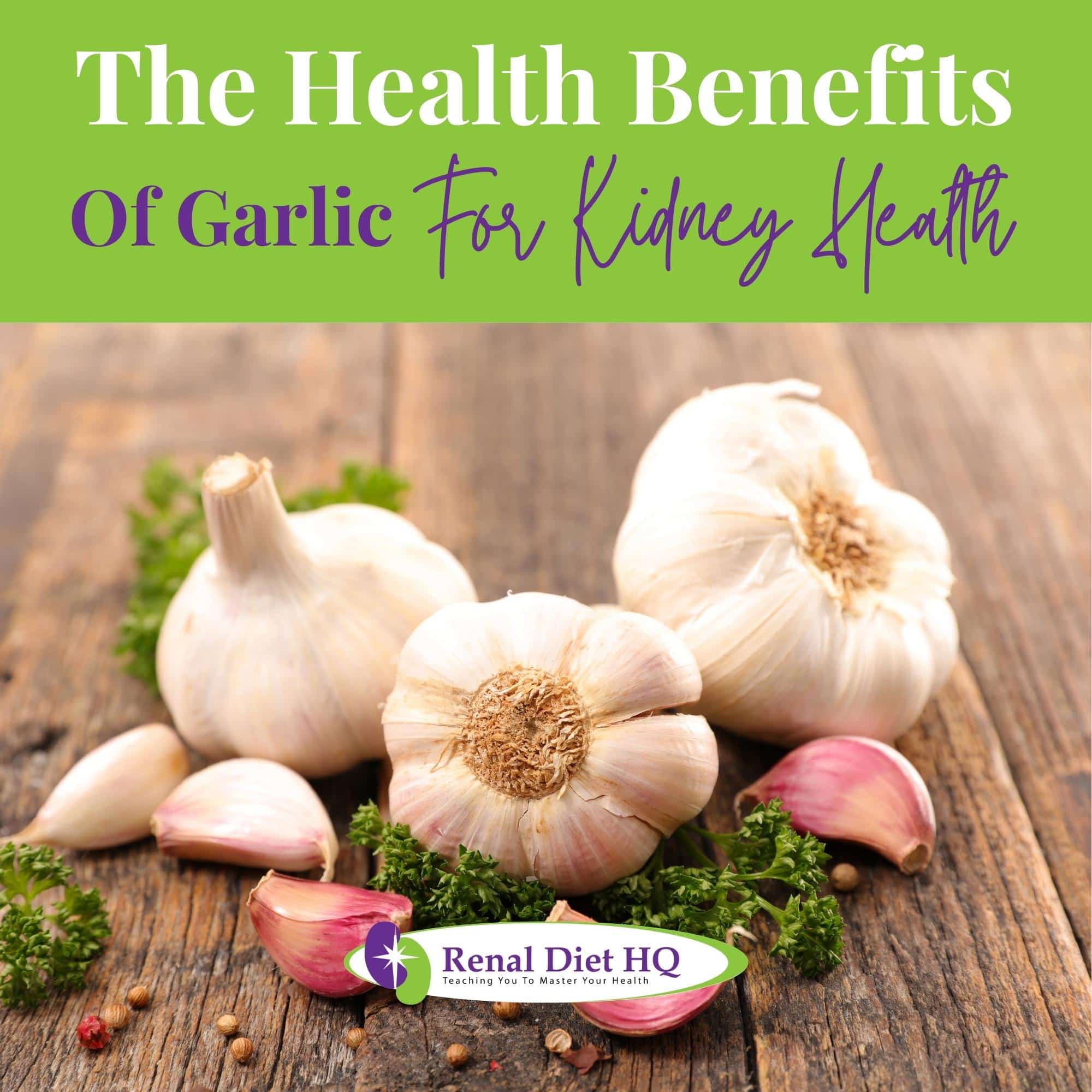
The Health Benefits of Garlic for Kidney Health
You might be aware of the flavorful punch garlic adds to your meals, but its benefits go far beyond the kitchen.
Research indicates that garlic's rich nutritional profile can contribute positively to kidney health.
Furthermore, substituting salt with garlic in your diet can help manage sodium levels, a crucial step in maintaining kidney function.
Garlic's Nutritional Benefits
Often, you'll find that incorporating garlic into your diet can provide significant benefits for your kidney health. Garlic's antioxidant properties offer a powerhouse of protection against oxidative damage, key in maintaining kidney function. Moreover, allicin, a compound in garlic, has been praised for its antimicrobial and anti-inflammatory benefits, which can directly influence kidney health.
Consider these points:
- Garlic supplementation can aid in managing blood pressure, a key factor in kidney health.
- Cooking with garlic not only enhances flavor but also promotes overall well-being.
- Garlic's cardiovascular impact, via lipid-lowering and anti-platelet effects, indirectly supports kidney health.
Garlic Versus Salt
Regularly, you're confronted with the choice between flavoring your foods with either garlic or salt. But, did you know that choosing garlic over salt can be profoundly beneficial for your kidney health?
Garlic's antibacterial properties provide a natural defense against harmful pathogens, helping to maintain kidney function. Garlic supplementation benefits include lowering blood pressure and cholesterol, which are vital for kidney health.
On the other hand, excessive salt consumption can lead to the dehydration effect, which increases strain on the kidneys. Salt reduction strategies, like using garlic instead, can significantly improve kidney function.
When comparing garlic salt, a blend of both, the health benefits of garlic still outweigh the potential harm from salt. So, make the switch to garlic and give your kidneys the care they deserve.
Buckwheat: A Potassium and Gluten-Free Grain Option
If you're considering a kidney-friendly diet, buckwheat is a grain you'll want to include. Being rich in nutrients yet low in potassium, it's a safe and healthy choice for individuals managing kidney disease.
Furthermore, as a gluten-free option, it's suitable for those with dietary restrictions or sensitivities.
Buckwheat's Nutritional Profile
You may not know that buckwheat, a gluten-free grain, is a powerhouse of nutrients, especially potassium. Its cultivation is simple, making various buckwheat varieties readily available.
When cooking buckwheat, its antioxidants remain intact, offering numerous health benefits. However, a buckwheat allergy can occur, so it's crucial to be cautious if you've never consumed it before.
Buckwheat's nutritional profile is impressive:
- It's high in fiber, promoting good digestive health.
- It contains essential amino acids, required for tissue growth and repair.
- It's rich in minerals such as magnesium, phosphorus, and iron.
Incorporating buckwheat into your diet can support kidney health due to its low sodium and high potassium content. It's a beneficial food that can contribute positively to your overall well-being.
Buckwheat in Renal Diet
In managing a renal diet, it's crucial to focus on potassium levels, and buckwheat, a gluten-free grain, serves as an excellent low-potassium option. Buckwheat preparation is simple, and buckwheat recipes diversify your diet while keeping potassium levels in check.
However, be aware of potential buckwheat side effects and buckwheat allergy, which can include digestive issues and allergic reactions. Always ensure proper cooking of buckwheat to minimize these risks.
| Aspect | Details | Tips |
|---|---|---|
| Buckwheat Preparation | Rinse and cook similar to rice | Soak overnight to reduce cooking time |
| Buckwheat Recipes | Used in pancakes, porridge, salads | Experiment with various flavors |
| Buckwheat Side Effects | Digestive issues | Eat in moderation |
| Buckwheat Allergy | Rare but can cause reactions | Be cautious if allergic to latex or rice |
| Cooking Buckwheat | Boil or steam | Avoid overcooking |
Olive Oil: A Phosphorus-Free Source of Healthy Fats
When considering your kidney diet, you'll find olive oil to be a phosphorus-free source of healthy fats. Its nutritional profile is rich in monounsaturated fats, which are known for their heart-healthy benefits.
In addition, research suggests that olive oil can offer renal benefits, aiding in kidney health and function.
Olive Oil's Nutritional Profile
Let's delve into olive oil's nutritional profile, a phosphorus-free source of healthy fats that can be a valuable addition to your kidney diet.
Olive harvesting techniques and oil extraction methods greatly influence olive oil grades, affecting its health benefits. Authentic olive oil, rich in monounsaturated fats, supports heart health and fits perfectly into the Mediterranean diet, known for its numerous benefits.
However, beware of olive oil fraud:
- Unclear labeling might hide low-grade oils.
- Extra virgin should mean cold-pressed and without chemicals.
- Country of origin can hint at quality standards.
In your quest to serve others, consider incorporating olive oil into kidney-friendly meals.
Olive Oil's Renal Benefits
You'll frequently find that incorporating olive oil into your diet can offer numerous renal benefits, given its status as a phosphorus-free source of healthy fats.
Olive oil extraction, conducted in a manner that preserves oil quality factors, results in a product rich in monounsaturated fats. These fats, abundant in the Mediterranean diet, are known to promote kidney health.
Extra virgin benefits extend to its high antioxidant content, fighting inflammation and oxidative stress, common culprits in kidney disease.
Cooking with olive oil is a simple way to integrate these benefits into your meals. While other oils might compromise renal health due to high phosphorus content, olive oil stands as a kidney-friendly alternative.
This, coupled with its heart-healthy properties, makes it a key component in a renal diet.
Bulgur: A Kidney-Friendly Whole Grain Alternative
If you're seeking a kidney-friendly whole grain alternative, consider bulgur.
Packed with nutritional benefits, bulgur is low in potassium and phosphorus, making it a suitable choice for a renal diet.
It's an evidence-based decision that can help manage your kidney health effectively.
Bulgur's Nutritional Benefits
In your journey towards a kidney-friendly diet, it's crucial to understand the nutritional benefits of bulgur, a whole grain alternative that's packed with healthful perks. Rich in fiber, bulgur not only aids digestion but may also help control blood sugar levels, a vital aspect for kidney health.
Bulgur's fiber content is higher compared to other whole grains and is easy to prepare, making it a practical choice for your diet. It has notable antioxidant properties that help combat inflammation, and although it contains gluten, it's often well-tolerated by those with gluten intolerance.
Consider the following benefits:
- High fiber content aids digestion and blood sugar control
- Antioxidant properties combat inflammation
- Easy preparation and whole grain comparison make it a practical food choice
Incorporate bulgur into your diet to reap these benefits.
Bulgur in Renal Diet
As you adjust your diet for kidney health, bulgur can be a beneficial addition. It's not only nutritious but also a versatile food to prepare. Bulgur's fiber content helps in maintaining a healthy digestive system, which is crucial for individuals with kidney issues. Its affordability makes it a practical choice for daily consumption in a renal diet.
Bulgur preparation methods are simple and varied, enhancing its versatility. You can cook it in water or broth, use it in salads or as a side dish. Bulgur cooking tips include soaking it before cooking to reduce the cooking time and retain its nutritional value.
More Protein Ideas
- Plant-based protein
- High-quality protein
- Cottage cheese
- Macadamia nuts
- Pork chops
- Pinto beans
FAQs for Kidney Diet Foods
Incorporating dairy into your diet while protecting your kidneys can be a journey of Dairy Alternatives Exploration. Opting for Low Potassium Cheese Choices and Lactose Free Options can be beneficial.
You should consider the role of Dairy in Kidney Care, with moderation being key. Additionally, you can seek Non Dairy Calcium Sources like fortified juices or cereals.
Always consult a dietitian or healthcare provider to ensure the choices you're making suit your specific needs.
Managing your fluid intake on a kidney diet can be challenging. It's crucial to understand liquid restrictions and employ fluid monitoring techniques.
Hydration is vital, but too much fluid can burden your kidneys. Opt for water over other drinks as it's healthier and easier on your kidneys.
Dealing with thirst is part of the process, so try ice chips, gum, or frozen grapes. Remember, each person's needs are unique, so consult your doctor for personalized advice.
Kidney Diet Foods and How to Work Them Into Your Diet
In conclusion, treating your kidneys kindly isn't a herculean task. Simply incorporating foods like cauliflower, blueberries, sea bass, red grapes, garlic, buckwheat, olive oil, and bulgur into your diet can make a world of difference.
These nutrient-rich, kidney-friendly options, not only elevate your overall health, but also add a delightful variety to your meals.
Remember, a well-nourished kidney is a happy kidney. So, make the right food choices and your kidneys will thank you.





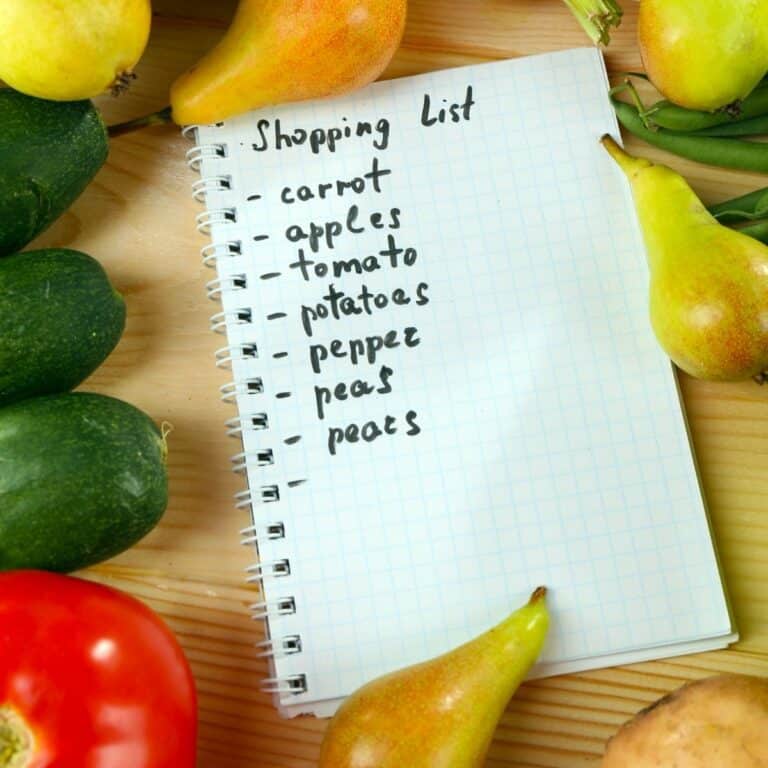
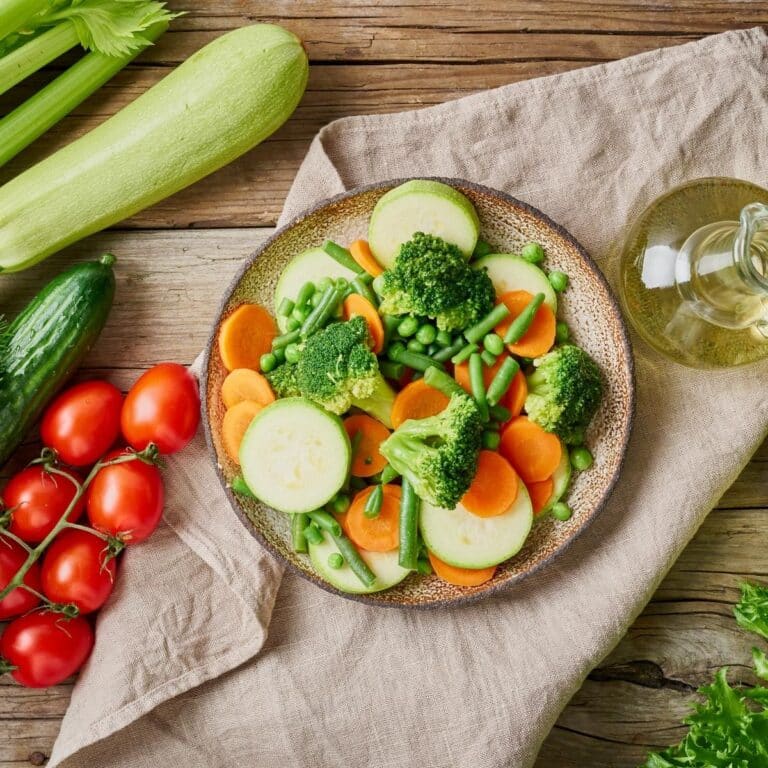






Hello my name is Daina .. dignosed with Polycystic Kidney and liver Disease 2 years ago .. stage 3 GFR was in high 30 ‘s then from 47-52 last blood test month ago ..I do have lot of pain in my flank and also have stones .. I had gastric sleeve last August .. I have a renal Dietitian butnot getting much out of it .. big focus is protein.. so my go to was always that ... I have fibromyalgia also saw my pain Dr today !!she told me with inflammation I should give up the foods I was told to eat for my weight loss .. and focus on a renal diet .. but looking at all the foods your not to eat are the things I shouldn’t for my Kidneys.. I am so Lost and stressed out about where to start !! Any ideas from you will be appreciated